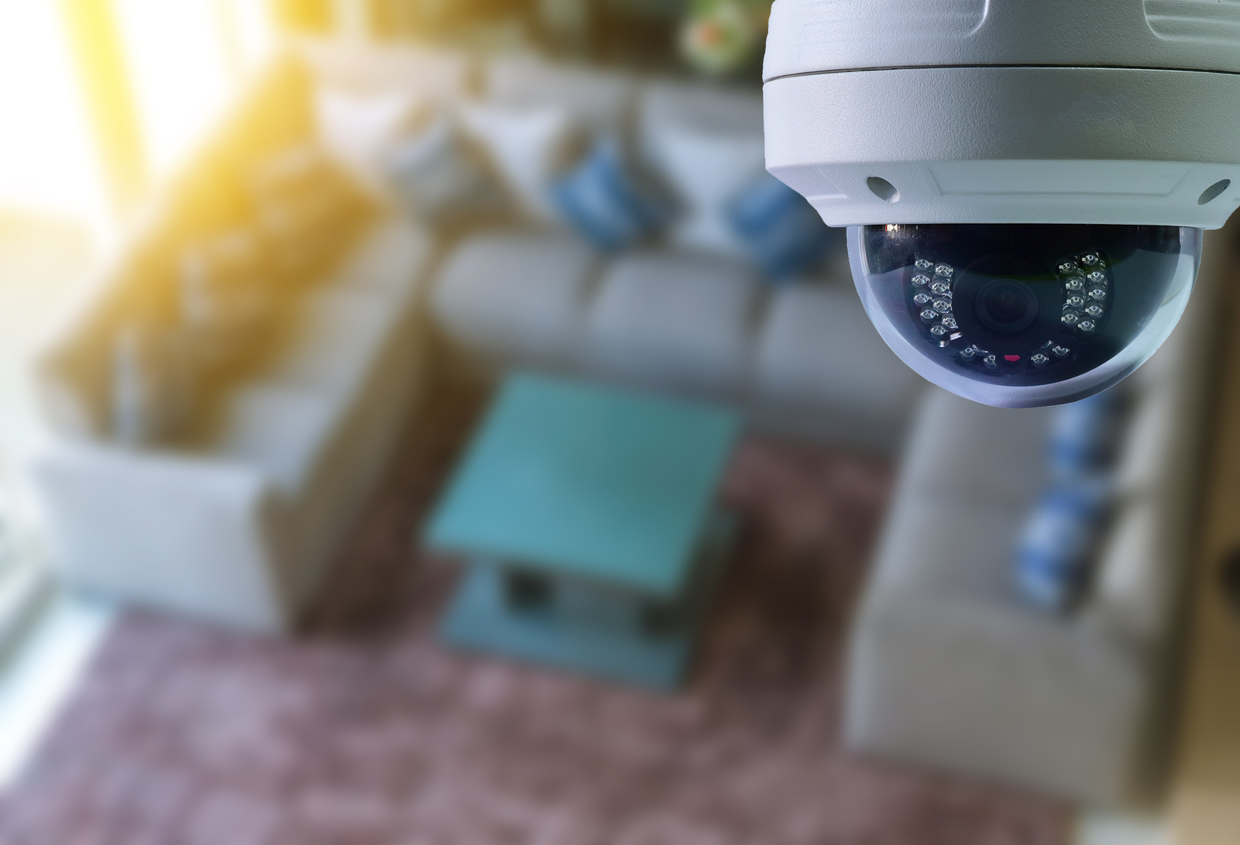Hidden Nanny Cams: Are They Actually Legal in Massachusetts?
Published in Personal Injury on January 18, 2021

Reading Time: 3 minutes
For many homeowners, the front yard sign announcing a security system is a signal that the home is protected against intruders. But what about people a homeowner willingly lets inside?
One solution is discreetly installing what are commonly called “nanny cams.” Originally used for parents to keep tabs on their babysitters and thought to prevent child injury at the hands of a caretaker. But, they can be used to monitor anyone in the home.
While it is legal in all 50 states to install a hidden camera, there are legal risks. Any homeowner considering installing a camera to capture recording inside their home should make sure they understand the legal implications.
What is a Nanny Cam Used For?
Of course, hidden nanny cams gained popularity for their use to check in on childcare providers, their uses have evolved. Whether you let in an air conditioning repairman, an exterminator, or a babysitter, a hidden nanny cam is one way to protect the inside of your home. In fact, they have become so popular that experts recommend that travelers check their lodging for hidden cameras.
What Do You Need To Know Before Installing a Nanny Cam?
Before you install a nanny cam, there are many things you must understand and consider. If you want to use a hidden camera, you need to know the law in your state about recording another person without their consent.
Are There Laws Against Recording Other People?
The laws about recording another person without their consent vary from state to state. Most states are so-called one-party consent states.
In one-party consent states, a conversation can be recorded so long as one party to it consents. Practically, this means that any party to a conversation can record it.
Many other states, including Massachusetts, are all-party states. Under Massachusetts law, a person cannot record any oral, telephone, or wire communication without the consent of all parties. People who violate this law can be charged with felony crimes potentially leading to jail time, fines, and civil damages.
Are There Places Where Hidden Cameras Are Not Legal?
While a homeowner may be concerned with protecting their family, pets, and property, they must also keep in mind the privacy rights of others in their homes. Especially for those who let out their home on rental sites, the reasonable expectation of privacy should guide behavior.
A person has a reasonable expectation of privacy in certain places. In their own home or car, for example, in the changing rooms of a store, or the bathroom of a public place. A homeowner should not install hidden cameras in places where a person has a reasonable expectation of privacy.
Is Notice Required When Installing a Hidden Nanny Cam?
To avoid criminal liability and to ensure the admissibility of hidden nanny cam footage, a homeowner may need to notify others of the camera. In Massachusetts, if the camera will record audio as well as video, you are required to notify anyone who may be recorded.
If you fail to notify them, you will be in violation of the law. Importantly, if you fail to notify them and you need to use your footage to defend a dog bite lawsuit, for example, you will not be able to use your recorded footage.
What Can Hidden Nanny Cam Footage Be Used For?
Hidden nanny camera footage (properly obtained after notice, if it includes audio) can be used in court cases to establish the acts taken by a person recorded by the camera. Video footage can be used in a variety of types of cases.
One less common type of case that can use hidden camera footage, sometimes called “granny” cams, involve elder financial abuse. In elder financial abuse cases, a caretaker of an elderly person may use their position to influence them to offer gifts of money or write checks.
While it may not be pleasant to consider, hidden cameras in your home can also capture acts that may leave you open to legal risk. For example, as an employer of the nanny or housekeeper, you could be accused of sexual harassment based on the nanny cam footage.
Hidden Nanny Cams Have Legal Risks
In Massachusetts, hidden nanny cams can be used without notice if they do not capture audio. If a camera will capture audio, a person must give notice to those who may be recorded by the camera, or risk legal penalties. Before you install a hidden nanny cam, make sure you have appropriately balanced the benefits and risks.
For more information, call our law office at (617)-391-9001. Or if you would prefer to email us, then please visit our contact page.
Comments are closed.










